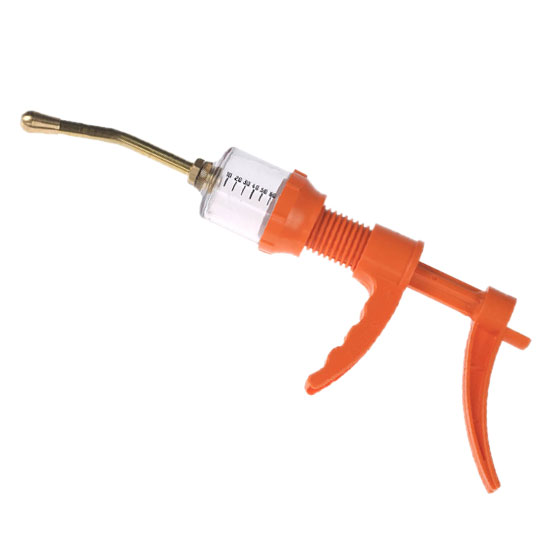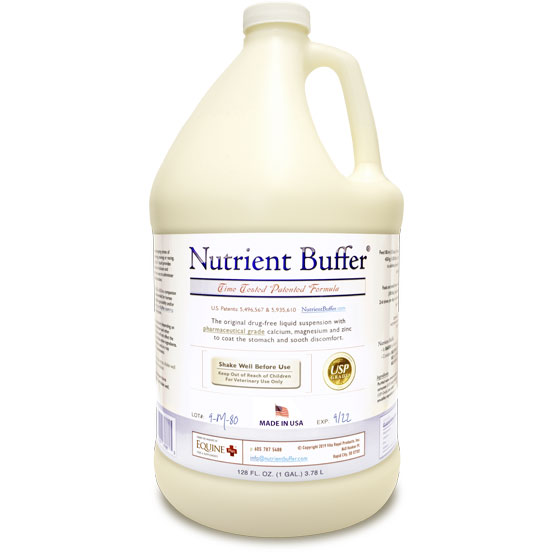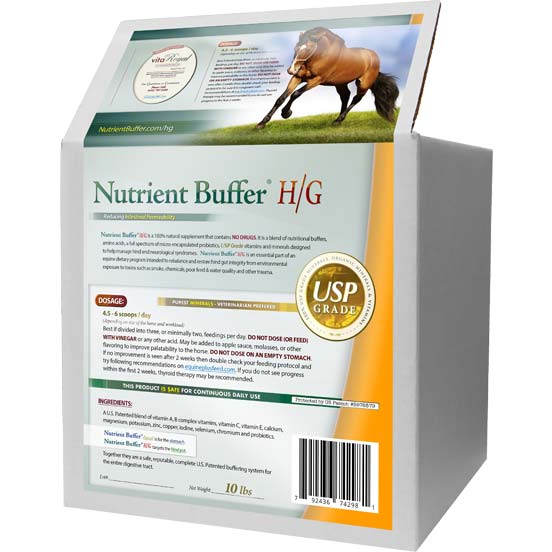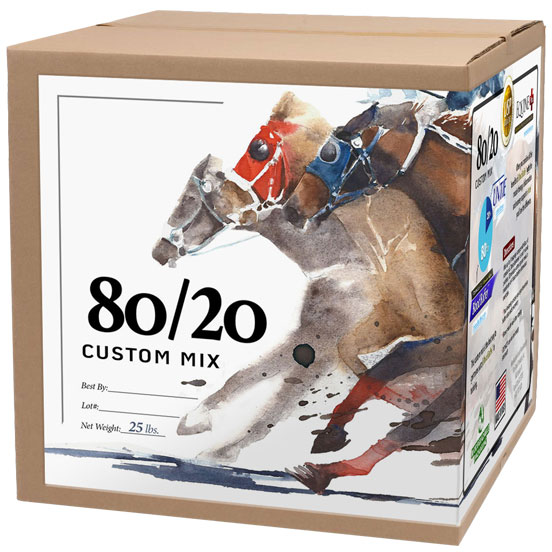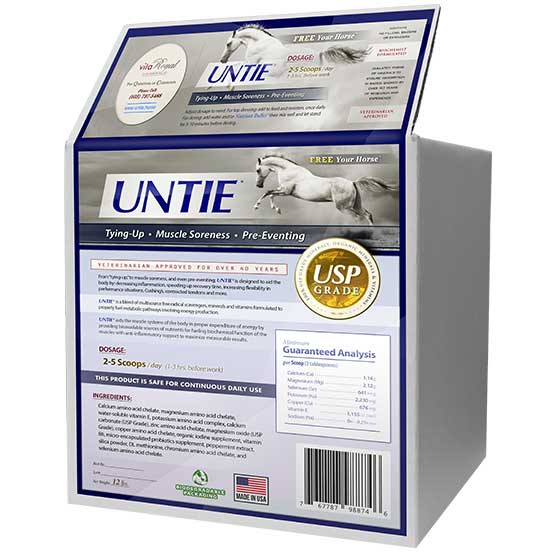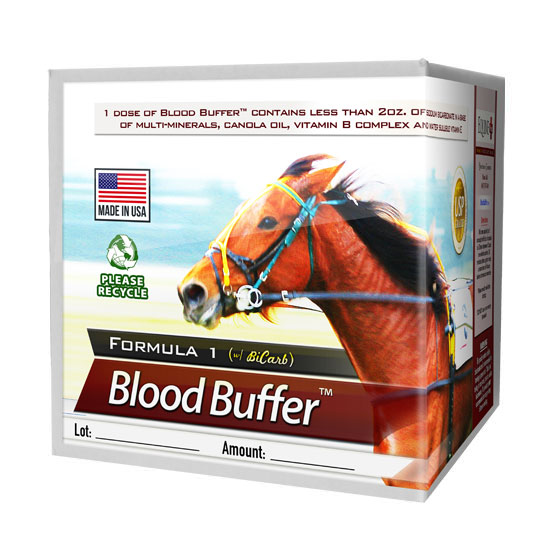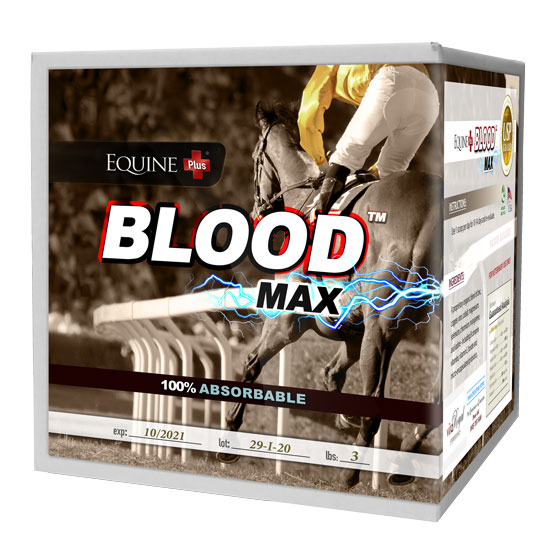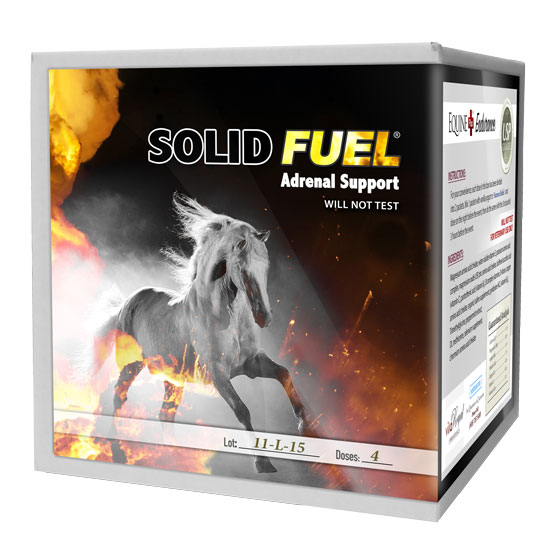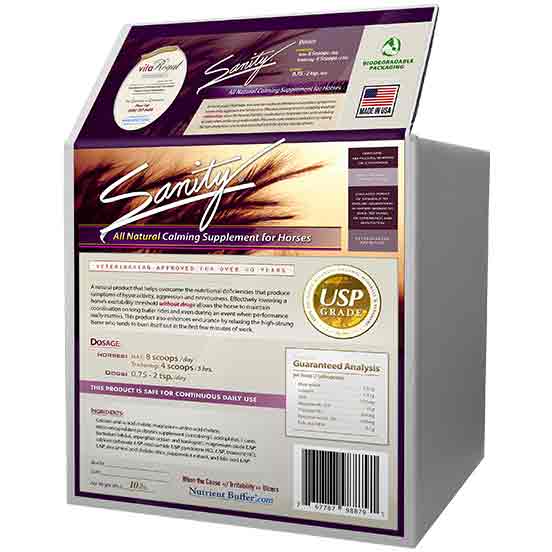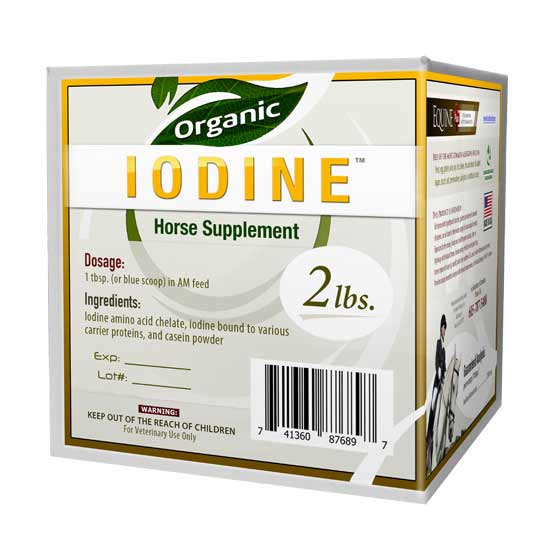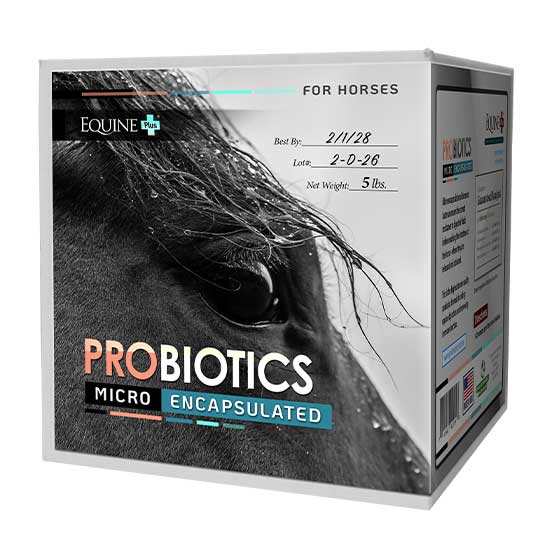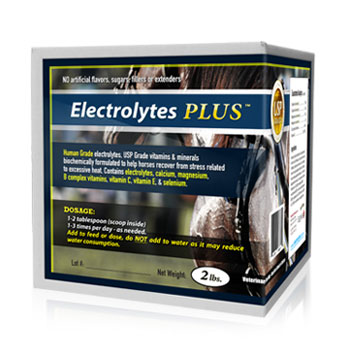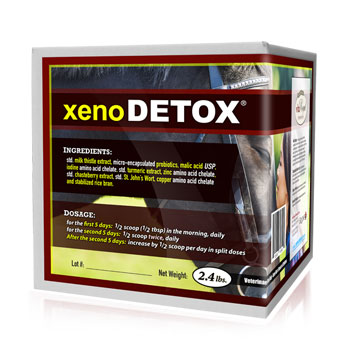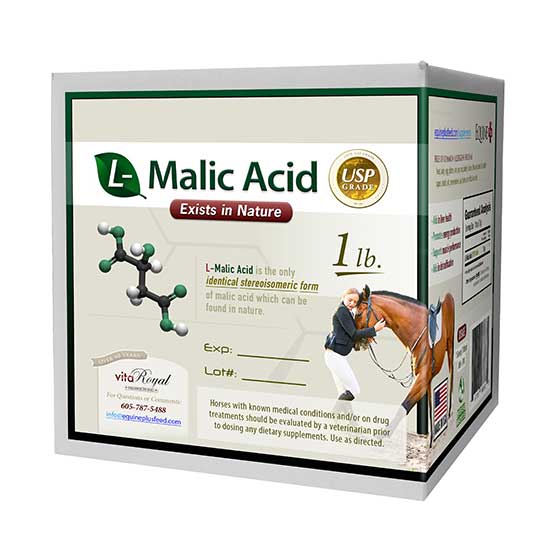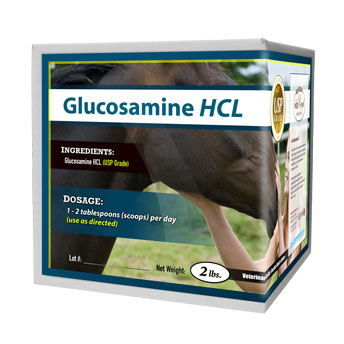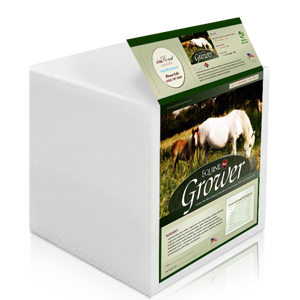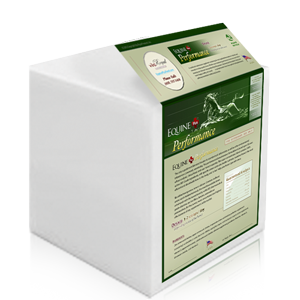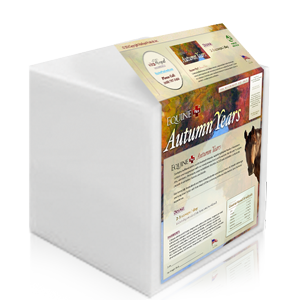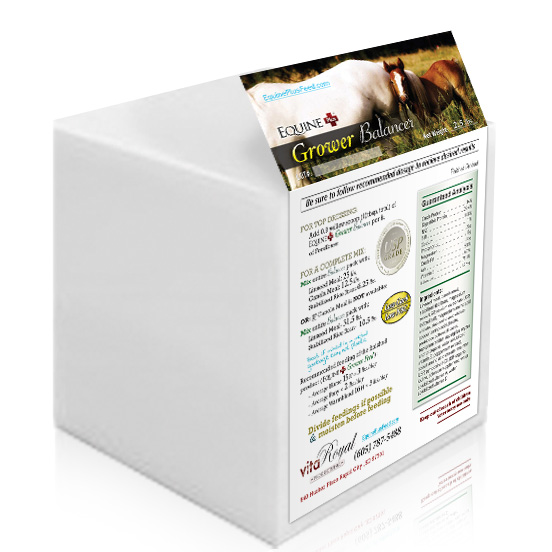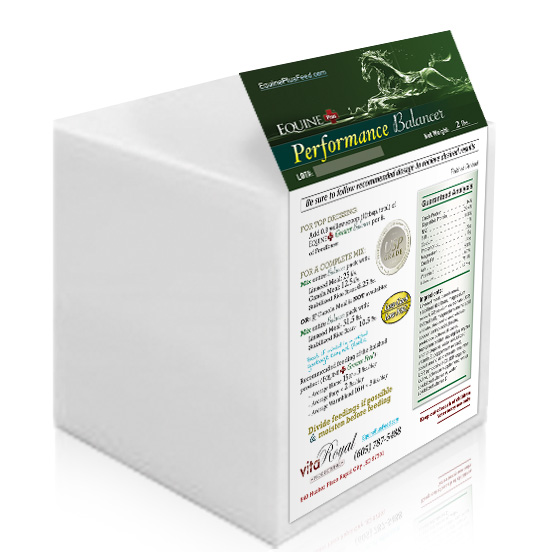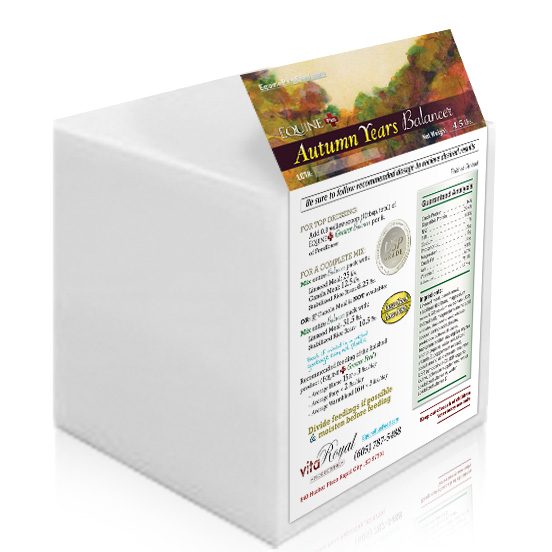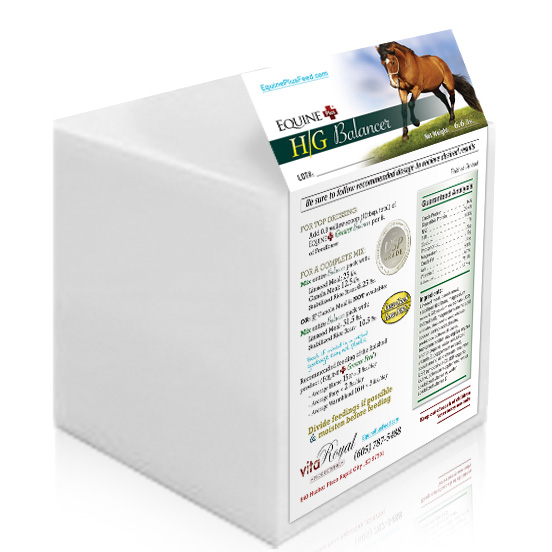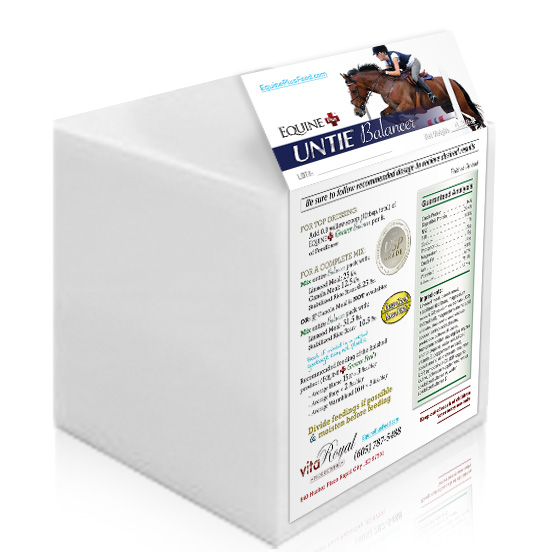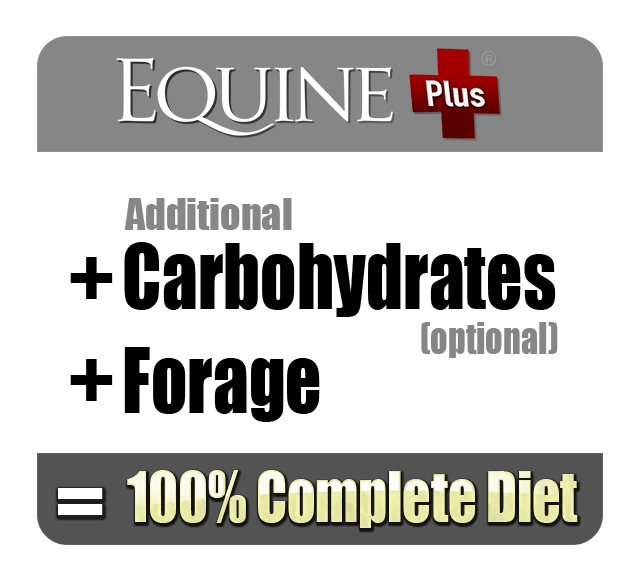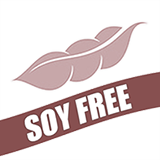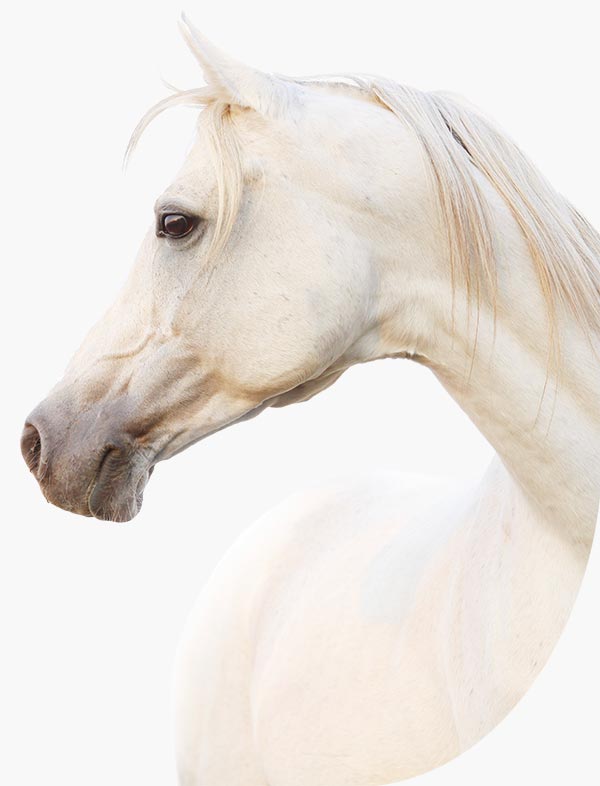
Horses evolved to depend on pasture and hay. In nature, most of their protein needs are met by eating the seed heads of grasses. If pastures are even lightly over grazed, it will offer less protein than those where wild horses are roaming around mildly impacting wide open spaces. Hay and pasture only diets alone usually aren't enough for horses, and they make protein needs challenging to meet.
Most horse farms are intentionally built a significant distance from big cities and other development. Over time, as cities and towns expand, things like chemical fertilizers, pesticides, herbicides, fungicides, even agricultural and industrial wastes, begin to encroach upon the water, food and air supply of even the oldest and finest American equestrian horse farms. We've found that when horses are fed dirty pesticide laden feeds, in addition to suffering high amounts of environmental contamination, it can simply ruin their lives.
So, our feed system is simple. You locally source a clean quality forage and pasture, and balance it out with Equine Plus®: the ideal protein, fat, vitamin, mineral and probiotics supplement:
If a horse requires higher carbs or fat for any reason, we recommend supplementing the diet with steam-rolled oat groats and/or an oil high in mono-unsaturated fats such as canola or grape seed oil.
Our feed program allows you to custom tailor feed protocols for every horse in your barn regardless of age, sex, breed, health compromise or workload.
 supplies 100% of the protein, fatty acids, vitamins and minerals horses need.
supplies 100% of the protein, fatty acids, vitamins and minerals horses need.
Horses deserve the same purity of minerals in their food and supplements as we use in our human grade stuff. Unfortunately, almost every brand of equine supplements uses Feed Grade minerals, which quite naturally contain higher levels of heavy metal contamination. These toxic heavy metals don't usually produce a health problem in one feeding, but years of continuous use can really screw up many biochemical processes in the body and even contribute to health problems.
The above video shows two different samples of magnesium oxide at magnification. USP Grade (bottom-right) vs. Feed Grade (top-left). The only cause for the brown coloration is impurities - the pure MagOx is white.
The longer a horse consumes impure sources of minerals, the more toxic heavy metals can accumulate and wreak havoc upon natural healthy biochemistry in the body. If you want to keep health problems at bay, we strongly recommend avoiding the use of horse supplements which use non-USP Grade minerals.
 supplements use only USP Grade minerals.
supplements use only USP Grade minerals.

FEED
Non Structured Carbohydrates %
Linseed meal, canola meal, rice bran, magnesium oxide USP, calcium carbonate USP, human grade iodized salt, zinc amino acid chelate, copper amino acid chelate, magnesium amino acid chelate, microencapsulated probiotics supplement (containing l. acidophillus, l. casei, bacterium bifidus, aspergillus oryzae and torulopsis), iodine supplement (containing iodine amino acid chelate and EDDI), dl-alpha tocopherol (vitamin E), silica powder, peppermint extract, cobalt amino acid chelate, selenium supplement (containing selenomethionine and DL- methionine), thiamine HCL (vitamin B1), pyrodoxine HCL (vitamin B6), vitamin A acetate, vitamin D3, chromium amino acid chelate.
Guaranteed Analysis
| 3 lbs./day |
|
| Crude Protein |
34 % |
| Digestible Protein |
30 % |
| NSC |
14.8 % |
| Salt (iodized table salt) |
1 % |
| Phosphorus |
1.09 % |
| Crude Fat |
8.8 % |
| Magnesium (elemental) |
26.76 g |
| Calcium (elemental) |
19.8 g |
| Zinc (elemental) |
2 g |
| Copper (elemental) |
1 g |
| Cobalt (elemental) |
0.05 g |
| Iodine (elemental) |
287 IU |
| Vitamin E |
63 mg |
| Vitamin A |
7.6 IU |
| Vitamin D |
1.4 IU |
| Vitamin B1 |
172 mg |
| Vitamin B6 |
172 mg |
| Chromium (elemental) |
0.6 mg |
| Selenium (elemental) |
0.46 mg |
2-3 lbs. per day, per 1,000 lbs. of total body weight (for average horses). Use our feed calculator for more specific feeding recommendations
 Feed Less + Get More™
Feed Less + Get More™ ControlYour Horses' Nutritional Program
ControlYour Horses' Nutritional Program # 1Highest Protein Feed
# 1Highest Protein Feed